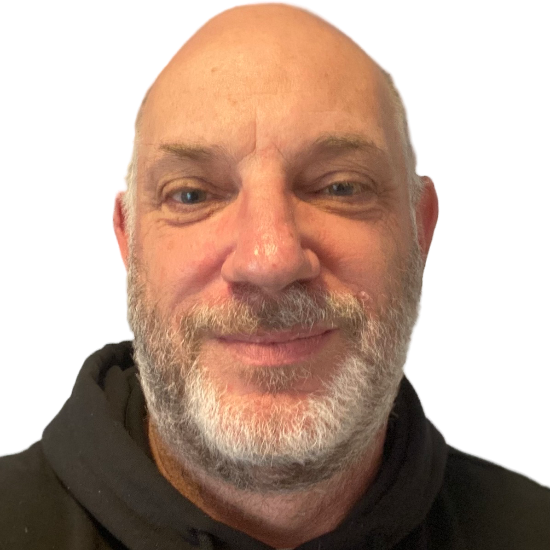Empowering High-Performing Distributed Teams
Marty Drill, CEO/Founder Luminary
How do you have a team culture where everyone has a voice? How do you have a culture where people can be themselves and at the same time not adversely impact others? The key to developing a supportive team culture where everyone is heard, lies within allowing the team to decide on what they expect from each other. The team creates how they work together.
Most teams working remotely during & post pandemic, found it difficult to connect with every member of the team.
To empower individuals, the team must value the input of each person and, at the very least, they must get along. This may be possible in an established team, though post pandemic with many people working remotely, team members can have wildly different expectations that if not met, can cause great tension. Social contracts create clear expectations & behavioural norms and an opportunity to contribute. The result is that everyone, regardless of their location, has a sense of belonging & a voice.
This session will teach you how to empower your team to create a social contract that will help them overcome team dynamics, different personalities, communication styles & behaviours by agreeing on expectations of how to work together.
How your architecture can inhibit or promote organisational change
Anthony Willis, Senior Engineering Manager Australian Broadcasting Corporation
Improving the way we work as teams is fundamental to improving team autonomy, reducing cycle time and lowering dependency bottlenecks, however sometimes impediments to improving the way we work lay in how our systems are architected. This is a case study into how the ABC re-architected our digital platforms to support improvements in the way we work. It outlines what we did, and why, and some lessons we learned along the way.
In conversation
Anthony Willis and Marty Drill with Craig Penfold
Craig Penfold joins our speakers from the session to dive a bit deeper and pose your questions.


